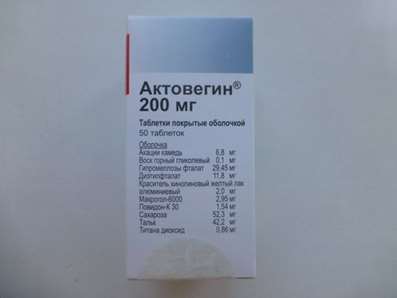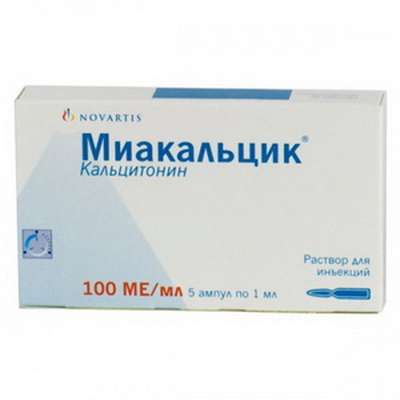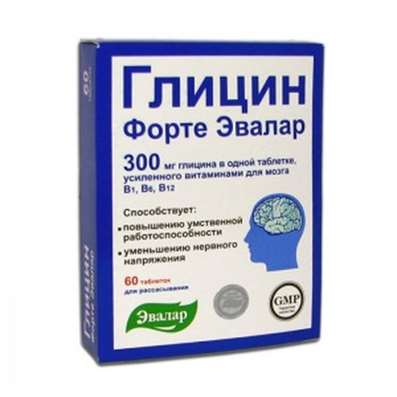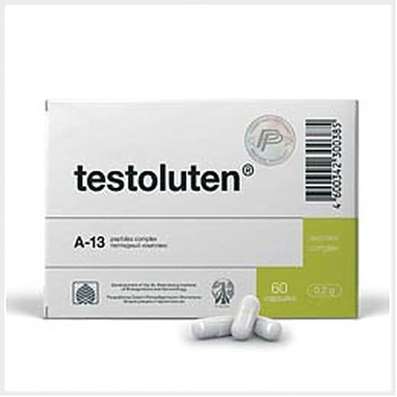Instruction for use: Cetrine
I want this, give me price
Dosage form: drops for oral introduction; syrup; Film coated tablets
Active substance: Cetirizine
Description of the active substance. The above scientific information is generalizing and cannot be used to decide on the feasibility of using a particular medicinal product.
Indications
To alleviate nasal and ocular symptoms of year-round (persistent) and seasonal (intermittent) allergic rhinitis and allergic conjunctivitis (itching, sneezing, nasal congestion, rhinorrhea, lacrimation, congestion hyperemia); Symptoms of hay fever (hay fever); Symptoms of urticaria (including chronic idiopathic), other allergic dermatoses, incl. Allergic dermatitis, accompanied by itching and rashes, in adults and children from 6 months (in the form of drops) or from 6 years (in the form of tablets).
Use in children from 6 to 12 months is possible only according to the doctor's prescription and under strict medical supervision.
Contraindications
Hypersensitivity to cetirizine, hydroxyzine or any piperazine derivative; Terminal stage of renal failure (Cl creatinine <10 ml / min); Age up to 6 months (for the dosage form of the drop, due to limited data on the efficacy and safety of cetirizine); Age up to 6 years (for tablet dosage form); pregnancy.
Application in pregnancy and breastfeeding
When analyzing the prospective data of more than 700 cases of pregnancy outcomes, there were no cases of formation of developmental defects, embryonic and neonatal toxicity with a clear cause-and-effect relationship with the use of cetirizine.
Experimental studies in animals have not revealed any direct or indirect adverse effects of cetirizine on the developing fetus, the course of pregnancy and postnatal development.
Adequate and strictly controlled clinical studies on the safety of cetirizine during pregnancy have not been conducted, so it should not be used during pregnancy.
The action category for fetus by FDA is B.
Cetirizine excreted in breast milk - from 25 to 90% of its concentration in the blood plasma, depending on the time after the appointment. During the period of breastfeeding, it is used after consultation with the doctor if the intended benefit to the mother exceeds the potential risk for the child.
Fertility. Available data on the impact on human fertility are limited, but there is no adverse effect on fertility.
Side effects
Data obtained in clinical trials
Clinical studies have shown that the use of cetirizine at recommended doses leads to the development of minor undesirable effects on the central nervous system, including drowsiness, fatigue, dizziness and headache. In some cases, paradoxical stimulation of the CNS was recorded.
In spite of the fact that cetirizine is a selective blocker of peripheral H1 receptors and has almost no anticholinergic effect, single cases of difficulty in urination, accommodation and dry mouth were reported.
Reported violations of liver function, accompanied by increased levels of hepatic enzymes and bilirubin. In most cases, adverse events were resolved after discontinuation of cetirizine.
The list of undesirable side reactions. There are data from double-blind, controlled clinical trials aimed at comparing cetirizine and placebo or other antihistamine drugs used at recommended doses (10 mg once daily for cetirizine) in more than 3,200 patients, on the basis of which a reliable analysis can be made Safety data.
According to the results of the pooled analysis, in the placebo-controlled trials with the use of cetirizine at a dose of 10 mg (n = 3260) and placebo (n = 3061), the following adverse reactions were observed with a frequency of 1% or higher.
General violations and violations at the injection site: fatigue - 1,63 and 0,95%.
From the nervous system: dizziness - 1,1 and 0,98%; Headache 7.42 and 8%.
From the gastrointestinal tract: abdominal pain - 0,98 and 1,08%; Dry mouth - 2,09 and 0,82%; Nausea - 1.07 and 1.14%.
From the side of the psyche: drowsiness - 9.63 and 5%.
On the part of the respiratory system, chest and mediastinum: pharyngitis - 1.29 and 1.34%.
Although the incidence of sleepiness in the cetirizine group was higher than that of the placebo group, in most cases, this adverse event was mild or moderate in severity. In an objective evaluation conducted in other studies, it was confirmed that the use of cetirizine in the recommended daily dose in healthy young volunteers does not affect their daily activity.
Children. In placebo-controlled studies, the following adverse events with a frequency of 1% or higher in the groups taking cetirizine (n = 1656) and placebo (n = 1294) were detected in children 6 months to 12 years of age.
From the digestive tract: diarrhea - 1 and 0,6%.
From the side of the psyche: drowsiness - 1,8 and 1,4%.
From the respiratory system, chest and mediastinum: rhinitis - 1.4 and 1.1%.
General violations and violations at the injection site: fatigue - 1 and 0.3%.
Experience of postregistered application
In addition to the adverse events identified in clinical trials and described above, the following adverse reactions have been observed in the post-marketing application of cetirizine.
Adverse events are presented below for the classes of the MedDRA organ system and the frequency of development, based on the data on the use of the use of cetirizine.
The incidence of adverse events was determined as follows: very often (≥1 / 10); Often (≥1 / 100, <1/10); Infrequently (≥1 / 1000, <1/100); Rarely (≥1 / 10000, <1/1000); Very rarely (<1/10000); Frequency is unknown (due to insufficient data).
On the part of the blood and lymphatic system: very rarely - thrombocytopenia.
From the immune system: rarely - hypersensitivity reactions; Very rarely anaphylactic shock.
Metabolic and nutritional disorders: frequency unknown - increased appetite.
From the side of the psyche: infrequently - arousal; Rarely - aggression, confusion, depression, hallucinations, sleep disturbance; Very rarely - tick; Frequency is unknown - suicidal ideation.
From the nervous system: infrequently - paresthesia; Rarely convulsions; Very rarely - perversion of taste, dyskinesia, dystonia, fainting, tremor; Frequency unknown - memory impairment, incl. amnesia.
From the side of the organ of vision: very rarely - a violation of accommodation, blurred vision, nystagmus.
From the organs of hearing: the frequency is unknown - vertigo.
From the CVS: rarely - tachycardia.
From the digestive system: infrequently - diarrhea.
Hepatobiliary disorders: rarely - a change in functional liver samples (increased activity of transaminases, alkaline phosphatase, gamma-glutamyltransferase and bilirubin level).
From the skin: infrequent - rash, itching; Rarely - hives; Very rarely - angioedema, persistent drug erythema.
From the urinary system: very rarely - dysuria, enuresis; Frequency unknown - urinary retention.
General disorders: infrequent - asthenia, malaise; Rarely - peripheral edema.
Research: rarely - weight gain.
Precautionary measures
In view of the potential depressive effect on the central nervous system, caution should be exercised when administering cetirizine in the form of drops for oral administration to children under 1 year of age if there are the following risk factors for sudden infant death syndrome, such as, but not limited to, sleep apnea syndrome or sudden infant syndrome The death of infants from a brother or sister; Abuse of the mother of drugs or smoking during pregnancy; Young age of mother (19 years and younger); The abuse of smoking by a nanny caring for a child (one pack of cigarettes a day or more); Children who fall asleep face down on a regular basis and who are not laid on their backs; Premature (gestational age less than 37 weeks) or those born with insufficient body weight (below the 10th percentile from gestational age) children; Joint drug use, which exert a depressing effect on the central nervous system.
Care should be taken in patients with spinal cord injury, prostatic hyperplasia, and other predisposing factors to urinary retention. Cetirizine may increase the risk of urinary retention.
Caution is advised when using cetirizine concomitantly with ethanol, although clinically significant interaction with ethanol is not observed at therapeutic doses (at 0.5 g / l ethanol concentration in the blood). Care should be taken in patients with epilepsy and increased convulsive readiness.
Prior to the appointment of allergological samples, a three-day wash-out period is recommended because H1-histamine receptor blockers inhibit the development of skin allergic reactions.
Influence on ability to drive vehicles, mechanisms. With an objective assessment of the ability to drive vehicles and manage mechanisms, there were no significant adverse events with cetirizine at the recommended dose. However, patients with drowsiness when taking cetirizine are advisable to refrain from driving, practicing potentially dangerous activities or controlling mechanisms that require an increased concentration of attention and speed of psychomotor reactions.

 Cart
Cart





